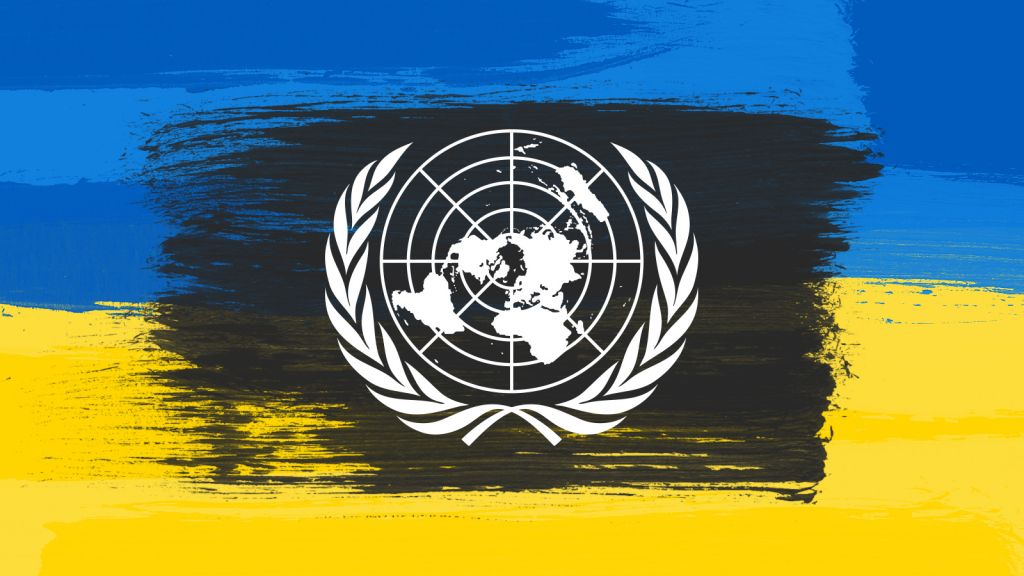Check against delivery
Thank you, Mr Chairperson,
The Human Rights House Foundation welcomes the report of the UN Human Rights Monitoring Mission in Ukraine. The Mission has continuously put human rights at the centre of the attention, verified information, and shed light on the situation in this reporting, which reflects the severe human rights violations committed by all sides.
The violence in Ukraine since 2014 has claimed an increasing number of civilian casualties. More than 9,300 people have been killed and more than 21,000 injured. Two years on, the situation in the east of Ukraine remains volatile. It could develop into a ‘frozen conflict,’ creating a protracted environment of insecurity and instability; it could escalate, with dire consequences for civilians living in the conflict- affected area; or it could move toward sustainable peace through meaningful implementation of the Minsk Package of Measures.
It is essential that the Council addresses human rights violations to prevent further abuses and to build a durable solution to the crisis.
We welcome OHCHR’s commitment in monitoring the human rights situation in Crimea, in spite of the denial of access to the peninsula by the Russian Federation. In the two years after the Russian Federation extended its jurisdiction over Crimea, the human rights situation on the peninsula has sharply deteriorated.
The de facto authorities have significantly curtailed the fundamental freedoms of assembly, speech, association, conscience and religion. They have used anti-extremism and anti-terrorism laws to criminalise non-violent behaviour and stifle dissenting opinion, and exploited judicial and law enforcement systems as instruments to clamp down on opposition voices. The majority of victims have been Crimean Tatars and Ukrainians who publicly opposed Crimea’s unrecognized ‘accession’ to the Russian Federation. On the other hand, paramilitary groups that have committed human rights abuses, such as the Crimean self-defense force, have not been held accountable.
Since the start of Ukraine’s ‘anti-terrorism operation’, OHCHR has reported major violations and abuses. The lack of security and at times intense military hostilities have contributed to a total breakdown in the rule of law. This has left those opposing the presence of armed groups without any real protection, and led to a worsening of the human rights situation.
Hundreds of people accused of involvement in or affiliation with the armed groups have been detained and charged under existing counter-terrorism provisions. Individuals detained by Ukrainian authorities in connection with the armed conflict have been tortured and exposed to ill-treatment, and continue to face systematic violations of their due process and fair trial rights. In many cases, criminal proceedings against individuals charged with terrorism offenses have brought the lack of independence and impartiality of the judiciary and legal profession into harsh relief.
We praise the presence of OHCHR in Donetsk. This has allowed the international community to monitor the human rights situation under the control of armed groups and to advocate for human rights protection. The self-proclaimed ‘Donetsk and Luhansk people’s republics’ have undermined the human rights of the estimated 2.7 million people residing under their control. They have imposed an arbitrary system of rules, established a network of places of deprivation of liberty where detainees are tortured and ill-treated, and cracked down on dissent.
We are concerned by the restrictions on fundamental rights to freedoms of expression, association, peaceful assembly and religion sparked by the conflict across Ukraine. In the territory controlled by the Government of Ukraine, the use of counter-terrorism legislation to curtail the activities of those that may express views differing from the authorities is a particularly concerning development.
We are concerned by the lack of meaningful progress in the investigation into the Maidan events in Kyiv and the ensuing violence. High-level officials that bear responsibility for ordering and overseeing the violence have to date eluded justice. While there has been some progress in the investigation into the 2 May 2014 violence in Odessa and the resulting death of 48 individuals, serious concerns remain. These cases represent a barometer in how Ukraine is able to bring perpetrators to account and ensure justice for victims and their families.
This Human Rights Council must, as a contribution to the efforts of the international community to support Ukraine, prioritise the human rights situation in Ukraine. On the basis of the reports of the Mission, this Council should support Ukraine in implementing human rights related recommendations, clearly denounce the Russian Federation’s support for illegal armed groups, and address the situation of civilians left without homes and territory due to the illegal annexation of Crimea.
Documents:
- Putting a Stop to Impunity: Human Rights Violations in Crimea
HRHN and Freedom House March 2016 policy brief on human rights violations in Crimea.





